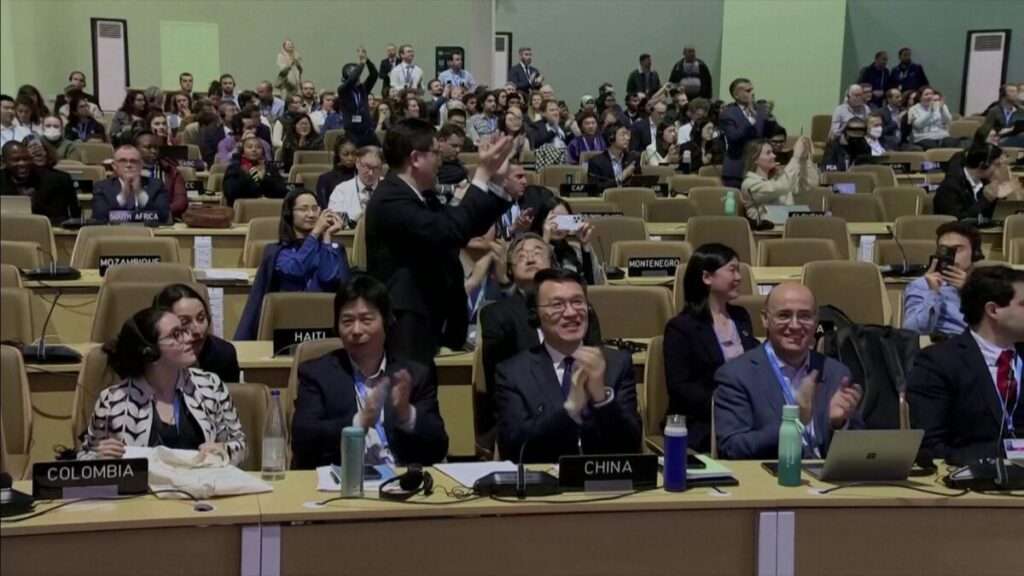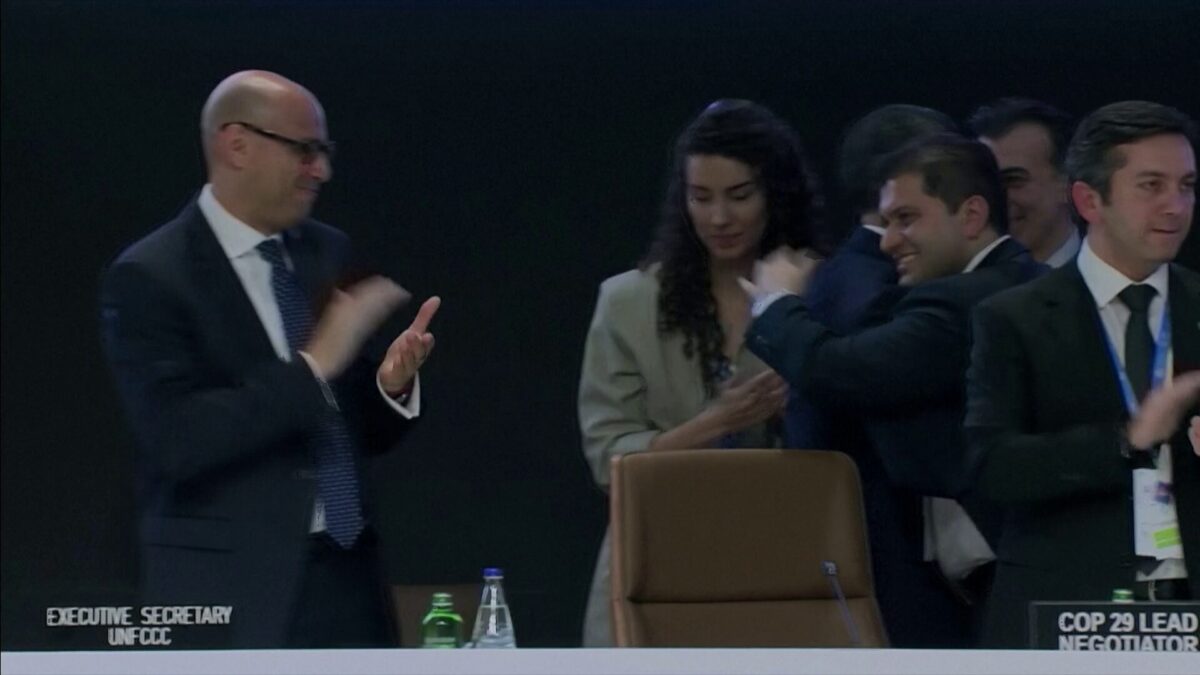Countries reached a landmark agreement on Sunday at the COP29 climate summit in Baku, setting a new annual climate finance target of $300 billion to help poorer nations address the impacts of global warming. The deal, which will replace the previous $100 billion annual commitment by 2025, calls for wealthy nations to lead the funding effort.
The agreement also includes a broader objective to raise $1.3 trillion annually by 2035 from both public and private sources—an amount economists estimate is necessary to tackle climate change effectively.
Reactions
The agreement was not without controversy. Negotiators criticized the conference host, Azerbaijan, for hastily pushing through the climate finance deal on Sunday. Mukhtar Babayev, the COP29 president, called for the adoption of the agreement during the plenary session, prompting objections from some countries.
Indian representative Chandni Raina expressed frustration, telling the plenary that India had sought to make a statement before the deal was finalized. Despite these concerns, the agreement was adopted, marking a significant increase in financial commitments by wealthy nations.

The $300 billion annual target is designed to phase in after the expiration of the $100 billion goal set for 2020, which was only met in 2022. The new target extends until 2035, signaling a shift in the scale of global climate finance.
A step toward meeting urgent needs
The deal underscores the urgent need for increased funding to help developing nations adapt to the worsening effects of climate change, including rising sea levels, extreme weather, and agricultural challenges.
The inclusion of private sector financing in the broader $1.3 trillion goal highlights the scale of investment needed to address the climate crisis.
The adoption of carbon market rules and a substantial finance target are viewed as key outcomes of the COP29 summit, though some critics argue that the commitments still fall short of what is necessary to combat global warming effectively.





